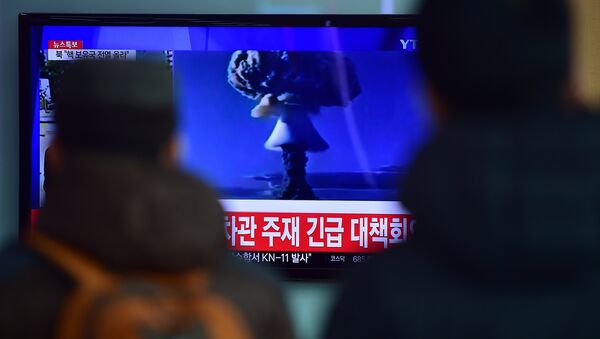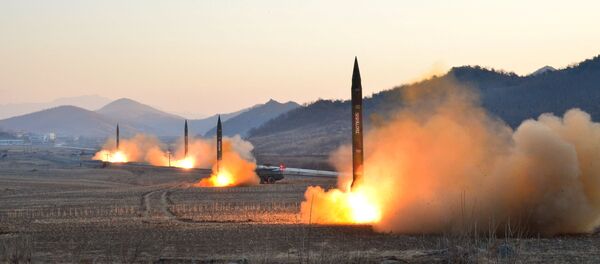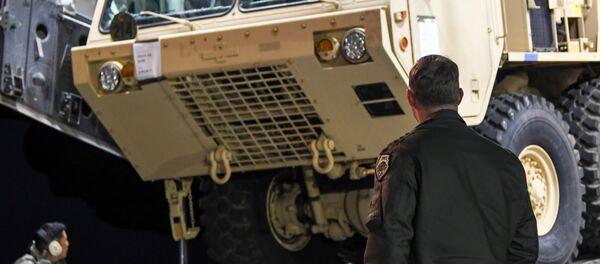Cheong said that "it is necessary to thoroughly consider the issue of creating South Korea's own nuclear weapons, which could become the basis of national security, create a counterbalance to the development of North Korea's atom and reduce [Seoul's] excessive military dependence on the US."
"In the face of a standoff between China and the US, South Korea developing its own nuclear weapons is the way to expand freedom of diplomacy, significantly reduce defense spending and increase the effectiveness of the [South Korean] defense sector, which is now based on conventional weapons," he said.
Cheong added that by "creating its own nuclear weapons, South Korea will be able to prod Pyongyang, which now believes that it is necessary to discuss military issues only with the US, and to sit down for talks with South Korea."
It is necessary to make more efforts to change the position of Pyongyang, which continues to rule out the possibility of conducting a dialogue on military issues with Seoul, according to the expert.
He underscored that it was necessary for Seoul to consider creating its own nuclear weapons as soon as possible, because it will help prevent external forces from interfering with Korean efforts to reunify the peninsula and add to the peace process in the region.
Regarding the North Korean nuclear program, Cheong said that due to the deterioration of relations between Soul and Pyongyang this regional issue has turned into "a big international problem."
He added that in order to return to the status quo, "it is extremely necessary to improve relations between the North and the South, and the new government [of South Korea] should take steps to promote permanent bilateral contacts at all levels."
"The new South Korean government will have to deal with a whole array of bilateral issues, including the problem of separated families, the resumption of the work of the Kaesong complex, the resumption of joint projects in the tourism sector as well as the construction of a high-speed railway and a South Korea-North Korea-China motorway," he concluded.
North Korea has conducted a number of missile launches in the past months as well as its fifth and biggest nuclear test last September, prompting tighter sanctions from the United Nations.
Hwang pledged to convince Pyongyang its nuclear stockpile was useless by deploying US anti-ballistic Terminal High Altitude Area Defense (THAAD) missiles to the Korean Peninsula.






